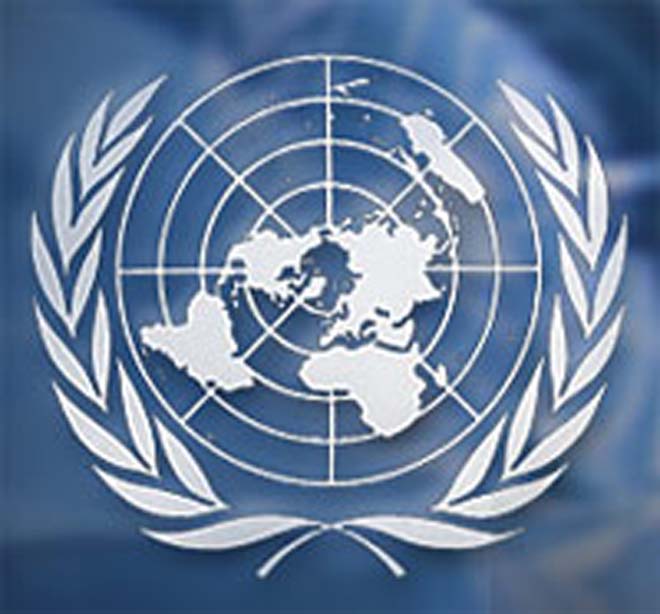Azerbaijan, Baku, Oct. 26 / Trend , H.Valiyev /
The UN Broadband Commission for Digital Development has agreed on a set of four 'ambitious but achievable' new targets that countries around the world should strive to meet in order to ensure their populations fully participate in tomorrow's emerging knowledge societies, the International Telecommunication Union(ITU) reported.
Communications and IT Minister Ali Abbasov is a commission member from Azerbaijan.
The new targets cover broadband policy, affordability and uptake: Making broadband policy universal. By 2015, all countries should have a national broadband plan or strategy or include broadband in their Universal Access / Service Definitions. Making broadband affordable. By 2015, entry-level broadband services should be made affordable in developing countries through adequate regulation and market forces (for example, amount to less than 5% of average monthly income). Connecting homes to broadband. By 2015, 40% of households in developing countries should have Internet access. Getting people online. By 2015, Internet user penetration should reach 60% worldwide, 50% in developing countries and 15% in Least Developed Countries (LDCs).
ITU will undertake responsibility for measuring each country's progress towards the targets, producing an annual broadband report with rankings of nations worldwide in terms of broadband policy, affordability and uptake.
The Broadband Challenge endorsed by the Commission recognizes communication as 'a human need and a right', and calls on governments and private industry to work together to develop the innovative policy frameworks, business models and financing arrangements needed to facilitate growth in access to broadband worldwide.
It urges governments to avoid limiting market entry and taxing ICT services unnecessarily to enable broadband markets to realize their full growth potential, and encourages governments to promote coordinated international standards for interoperability and to address the availability of adequate radio frequency spectrum.
"We note the importance of the guiding principles of fair competition for promoting broadband access to all," it reads. "It is essential to review legislative and regulatory frameworks, many of which are inherited from the last century, to ensure the free and unhindered flow of information in the new virtual, hyper-connected world."






